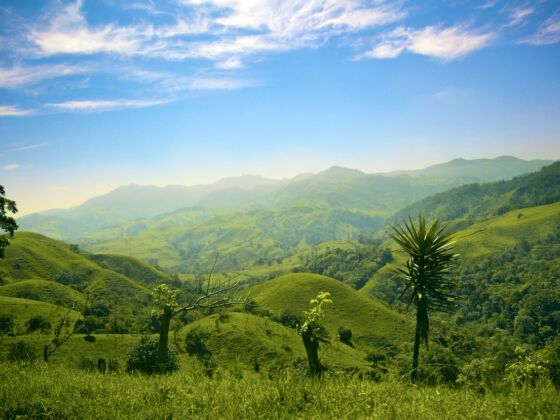In a recent article at Brave New Traveler, I discussed 5 Key Ingredients in the Search for Happiness. What I didn’t take into account was the planet we live on. Can we be satisfied, live a long life, and be good to the earth?
The Happy Planet Index (HPI) doesn’t solely indicate people’s happiness levels. It measures happiness levels in relation to a country’s consumption of its natural resources. Its aim is to prove that you can be happy without raping the planet. From the HPI website:
